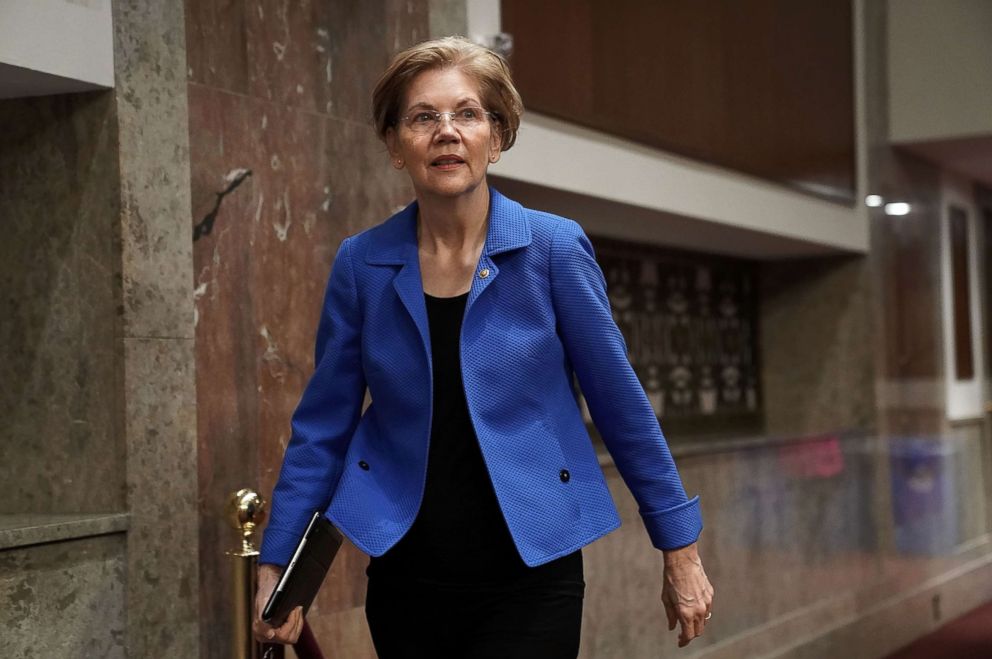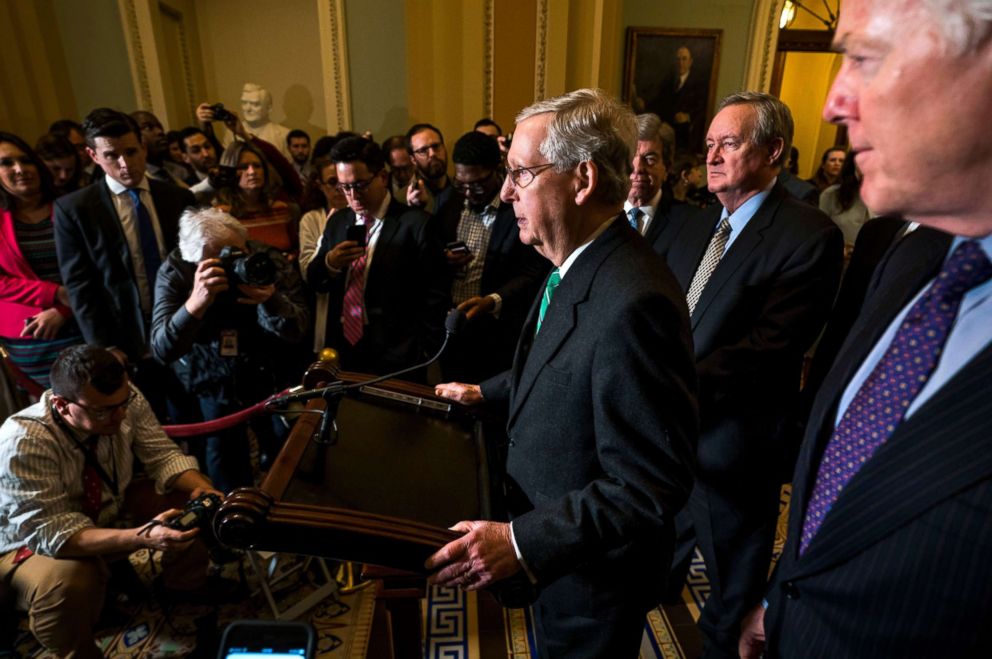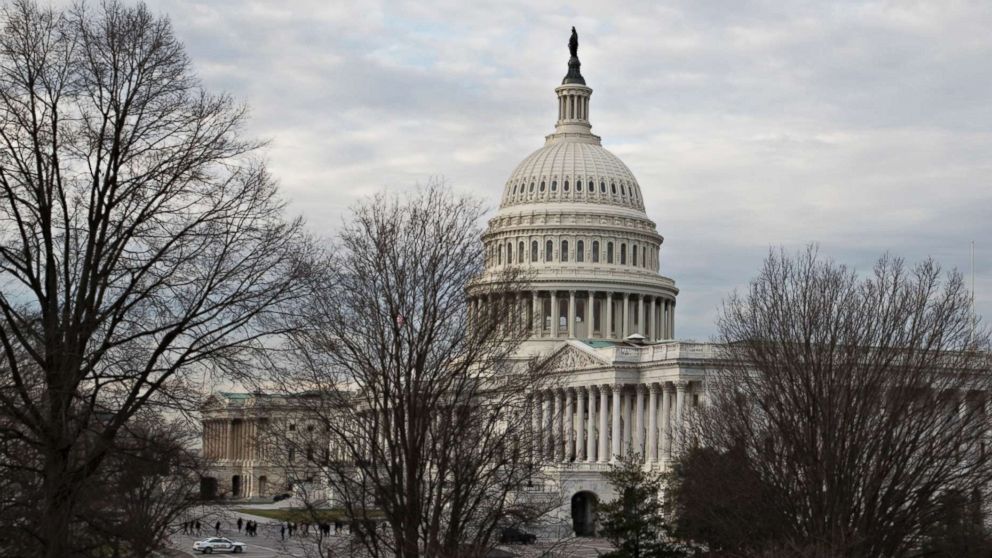Senate about to roll back banking rules designed to prevent another financial crisis
It's been 10 years since the global financial crisis severely damaged the nation's economy, and the Senate is on the brink of passing legislation that would roll back Obama-era rules Congress enacted to prevent another collapse.
Republicans overwhelmingly support rolling back key aspects of Dodd-Frank, the law that brought significant changes to financial regulation over the last decade.
The legislation exempts nearly a dozen financial companies with assets between $50 billion and $250 billion from enhanced scrutiny by the Federal Reserve.
In a rare showing of bipartisanship, 13 Democrats - many of whom are facing tough midterm election contests this year - also support the bill. They say the legislation will help local credit unions and small community banks that have struggled to adhere to strict regulations aimed at bigger banks.
But Sen. Elizabeth Warren, a Massachusetts Democrat, is sounding the alarm.
"People in this building may forget the devastating impact of the financial crisis 10 years ago, but the American people have not forgotten," Warren said during a news conference Tuesday.
"The American people remember. The millions of people who lost their homes, the millions of people who lost their jobs, the millions of people who lost their savings, they remember. And they do not want to turn loose the big banks again," she said.

Warren warned that the bill would allow banks to, once again, offer risky home mortgages to consumers that they can't afford.
"Leading up to the 2008 crisis, banks were selling mortgages that were like grenades with the pins pulled out. Now supporters of the bill want to strip back some of the rules designed to stop that from happening all over again," Warren said.
Warren says the bill could also undermine civil rights protections for consumers.
"At a time when lending discrimination is running rampant, this bill would undercut reporting requirements that enable the federal government to enforce fair lending laws," Warren said.
The non-partisan Congressional Budget Office found that the legislation could increase the chances of another bank bailout. Warren says that means it would put taxpayers on the hook for millions in additional costs.
The Senate's top Republican, Mitch McConnell, says the bill is a product of years of bipartisan work that will boost the economy and main street credit lenders.

"In a certain respect, this bill is a perfect complement to tax reform – further expanding opportunities for American families, communities, and small businesses," he said Tuesday on the Senate floor.
“The bill before us this week will continue to unwind the damage caused by an administration and Democrat-run Congress that kept its foot firmly on the brake of the American economy," McConnell said.
"This is a modest but critical bill. By streamlining regulations, it will bring relief to the small financial institutions who have been hurt by Dodd-Frank’s one-size-fits-all approach," he said.
The bill is expected to get the 60 votes it needs to pass the Senate later this week. It cleared a procedural hurdle Tuesday morning.




